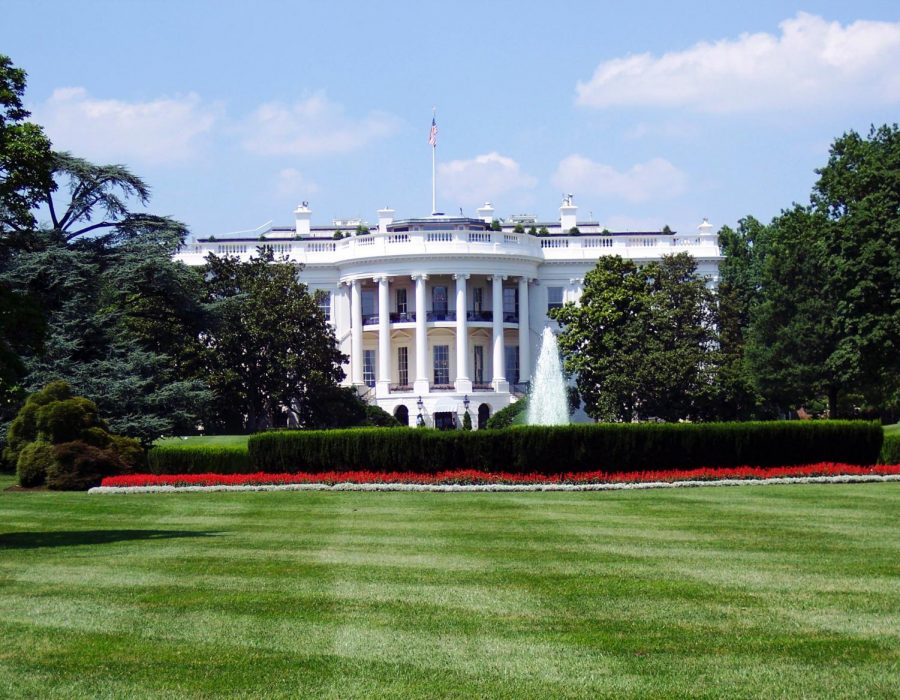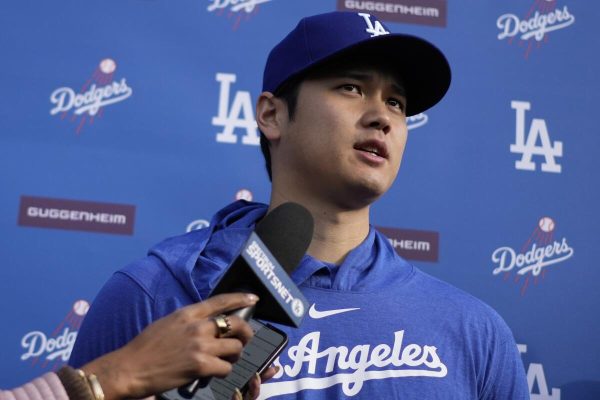Skepticism in modern American politics
Sports Editor Colin Horning explains his skepticsm towards modern politics after the 2020 Iowa caucuses.
Feb 10, 2020
For months, all that we as Iowans could see or hear about were the “first in the nation caucuses” held in our state. The amount of political ads seen on TV, radio, Internet (and of course, the Maucker Union) were enough to turn a casual political follower into complete indifference and made many of us who do follow politics closely to begin to count down the days until the caucuses ended, simply to breathe a sigh of relief as a result of not being suffocated by the dozen or so Democrats vying for us to caucus for them on Feb 3. But as we all know, the big day finally came and went and, as of the time of this writing, we still do not have an officially declared winner in Iowa. While the fiasco that was the 2020 Iowa caucuses can be given the blame in many different directions, this is an example of how untrustworthy government can be as a whole.
Recently, I have become much more skeptical when it comes to modern politics. There are many reasons as to why I’ve begun to take this view on things (many of which are not relevant for this context) but perhaps the main reason is that both of the two major political parties in this country have begun to shift their platforms and alienate their voting base. For Republicans, the party has been known for years to be the one in favor of smaller, limited government policies, such as tax cuts, fiscal conservatism and economic deregulation. But in recent years, the party has basically abandoned the concept of a balanced budget and has done its part in letting the national debt spiral out of control to the tune of more than $23 trillion. While many supporters of the Republican party have still stayed in support, any more of a leftward shift in the party will likely alienate more of the suburban, middle-class voters that have been a staple of the party but who have switched to the Democrats in recent elections.
On the side of the Democrats, it has been a much more drastic shift for their party. Once known as the party for the working class or union workers, the modern version of the Democratic party, lead by Bernie Sanders, Elizabeth Warren and Alexandria Ocasio-Cortez, has practically given up any sense of private ownership in their policies and begun proposing monstrously large government spending programs such as the famed “Medicare For All” or the college-student catered “eliminate student debt” policies. While these ideas sound great and their principle concepts would help many people in theory, they simply are not possible to occur without a huge reconstruction of the American economy, especially with the state of our federal spending and debt. Many of the more classic, moderate Democrats have felt isolated by the far-left members of their party, leading to a divide within their own party in an already politically divided time in our history.
So how does all this relate back to the Iowa caucuses? Being that this event was run statewide by the Democratic party, this should raise a lot of red flags about the policies they themselves are trying to implement. Many of the policies proposed by the candidates up for the nomination involved government-run health care, college tuition and other economic policies. As I mentioned before, I’m a skeptic when it comes to the government running things for its citizens. Not to say that the government can’t ever effectively provide a service to its people, but I still remain suspicious whenever I see a politician promising a government-run version of a specific industry. That being said, I simply find it difficult to believe that the Democratic party can effectively and efficiently run a nationwide healthcare plan (Medicare For All, for example) or that they could “stop the climate crisis” when the same party has a huge meltdown running an event in which people stand in a certain corner of a room to show support for a candidate.
And perhaps the worst part about the whole thing is we’ve for months heard about how these politicians care about the needs of Iowans and how their plans will help our state. Yet the second the caucuses ended, we will not hear a peep out of anyone until the general election in November of this year. It’s almost as if politicians put on a show only when necessary. Instead, they pander for our votes in order to get into power to run our lives and then leave the first chance they can get.



















